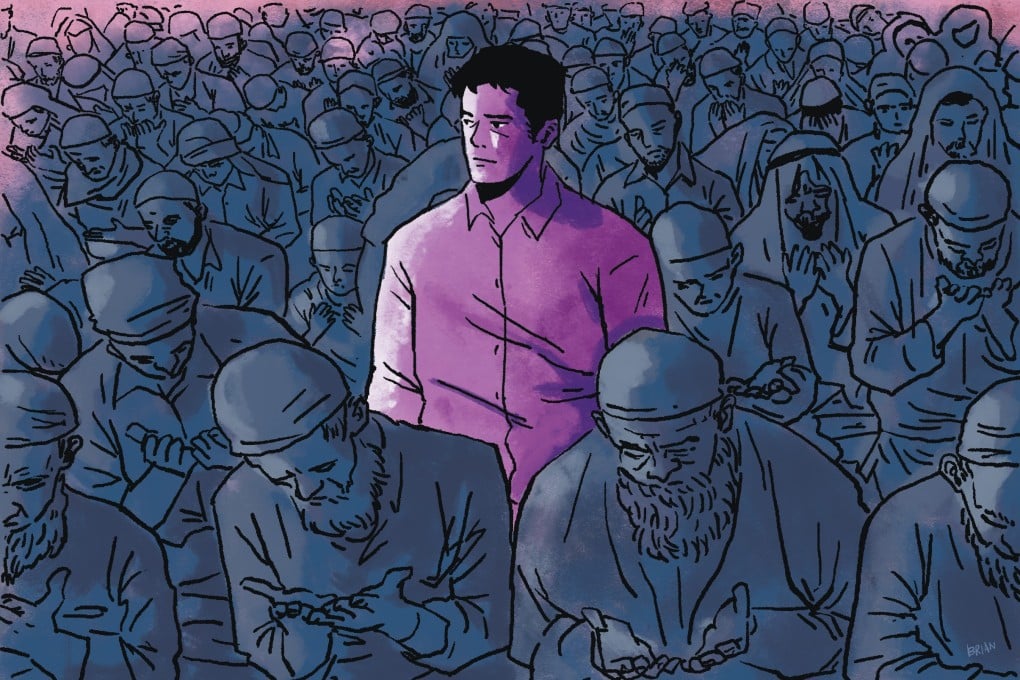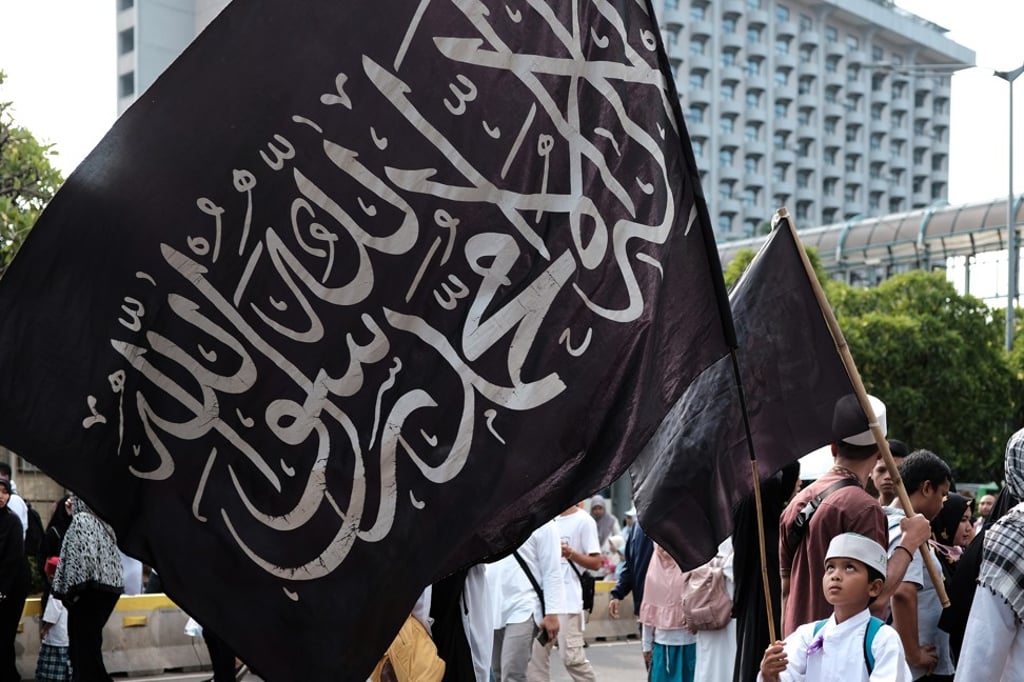Surviving Indonesia as an atheist when the country is built on rigid religious traditions and policies
- Many Indonesian atheists remain in the closet, but with the help of the internet, their conversations are seeping into the public discourse
- Indonesian atheists can end up in prison for refusing to embrace one of the nation’s six approved religions

A former school principal in Indonesia, Yudhistira has paid a steep price for his personal beliefs. He defied the inflexible religious expectations of his home country and tried to teach his students to think objectively about the world’s faiths.
Angry parents confronted him, and now the 30-year-old, who lives just outside Jakarta, declines to reveal his surname because he knows how dangerous it could be. The owner of an educational business, and former head of a Buddhism-affiliated school, Yudhistira is a firm non-believer.
“Although legally there aren’t any laws that prohibit atheism in Indonesia, there are so many loopholes used to persecute us here, such as the defamation article [for slander and libel] and the first principle of pancasila,” he says, referring to one of Indonesia’s five overarching philosophical principles: a belief in holiness or godliness.
Baptised a Protestant, Yudhistira now questions the “judgmental” nature of Indonesian Protestants and the way they use “questionable scriptures” to justify their attitudes. He abandoned his family’s faith because he could not come to terms with its rigid nature.

Although religion has a vice-like grip on everyday traditions and public policies in Indonesia, the country has its fair share of atheists – non-believers who reject the nation’s six officially recognised religions and refuse to believe in all-powerful deities.
The sprawling Southeast Asian archipelago is officially pluralist and freedom of expression is supposed to be guaranteed by law, but Indonesians are expected to be believers, and the vast majority profess to be Muslim. Indonesian atheists can end up in prison for refusing to embrace one of the nation’s approved religions: Islam, Hinduism, Buddhism, Confucianism, Catholicism and Protestantism.
